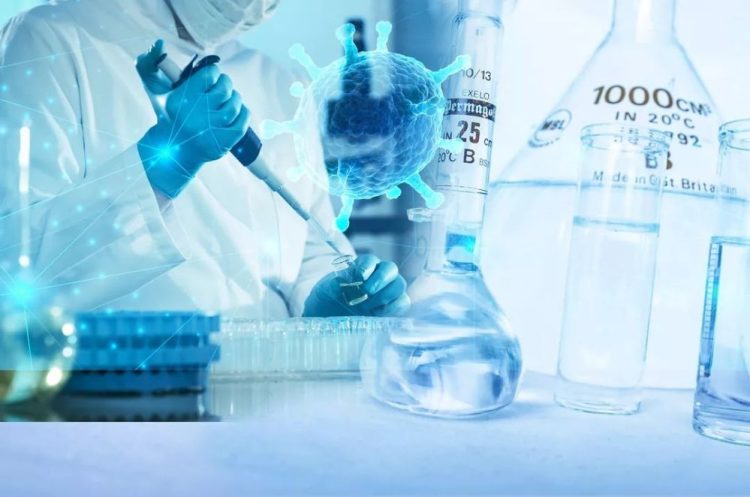In the past few decades, biotechnology has made rapid progress in the field of drug development. From gene editing to personalized medicine, and then to synthetic biology, biotechnology is constantly pushing the boundaries of new drug discovery. This article will explore the latest breakthroughs, challenges, and possible future directions of biotechnology in drug development.
The latest breakthroughs in biotechnology in drug development
Gene editing technology
The emergence of CRISPR-Cas9 gene editing technology has had a transformative impact on drug development. This technology allows scientists to perform gene manipulation with unprecedented precision, which helps to identify the genetic causes of diseases faster and discover new drug targets. Gene editing technology has been applied in the research of various diseases, including cancer, genetic diseases, and rare diseases.
Single cell sequencing technology
Single cell sequencing technology enables scientists to examine the gene expression of individual cells, which is crucial for understanding the cellular heterogeneity of diseases. Through single-cell analysis, researchers can identify specific cell populations associated with diseases and design more precise treatment methods.
Synthetic biology
Synthetic biology is an emerging discipline that combines principles of biology and engineering to design and construct new biological systems. In drug development, synthetic biology is used to create new biological pathways that produce drug molecules that were previously difficult or impossible to synthesize. For example, by modifying the metabolic pathways of yeast cells, scientists have successfully synthesized the anti malaria drug artemisinin.
Personalized healthcare
Personalized or precision medicine refers to customizing treatment plans based on a patient’s genetic information. The advancement of biotechnology enables us to better understand the genetic differences between individuals and provide tailored treatment plans for patients. Personalized medicine has achieved significant results in cancer treatment and is expected to be applied to more types of diseases in the future.
Challenges Faced
Although biotechnology has made significant progress in drug development, it still faces a series of challenges. Among them, the safety and ethical issues of technology are the focus of public and scientific attention. For example, gene editing technology may cause unexpected genetic changes, which require strict experimentation and regulation to ensure safety.
In addition, the high cost of new technologies is also a factor that limits their widespread application. The high research and development costs may ultimately be passed on to drug prices, which to some extent limits patients’ access to new drugs.
Future development direction
In the future, the application of biotechnology in drug development will become increasingly diversified. With the development of artificial intelligence and big data analysis technology, it is expected that more biotechnology based drug development platforms will emerge, which will greatly accelerate the discovery and development process of new drugs.
In terms of drug production, synthetic biology is expected to reduce drug production costs and improve drug accessibility. Meanwhile, with the deepening development of personalized medicine, future drug treatments will become more precise and effective, thereby improving patients’ quality of life and treatment outcomes.
epilogue
The breakthroughs in biotechnology in drug development are constantly rewriting the future of the pharmaceutical industry. From gene editing to personalized medicine, the development of these technologies not only brings new hope to patients, but also has a profound impact on the health management of the entire society. Although challenges still exist, with the continuous maturity of technology and the improvement of relevant regulations, the role of biotechnology in drug development will become increasingly important.











































Discussion about this post